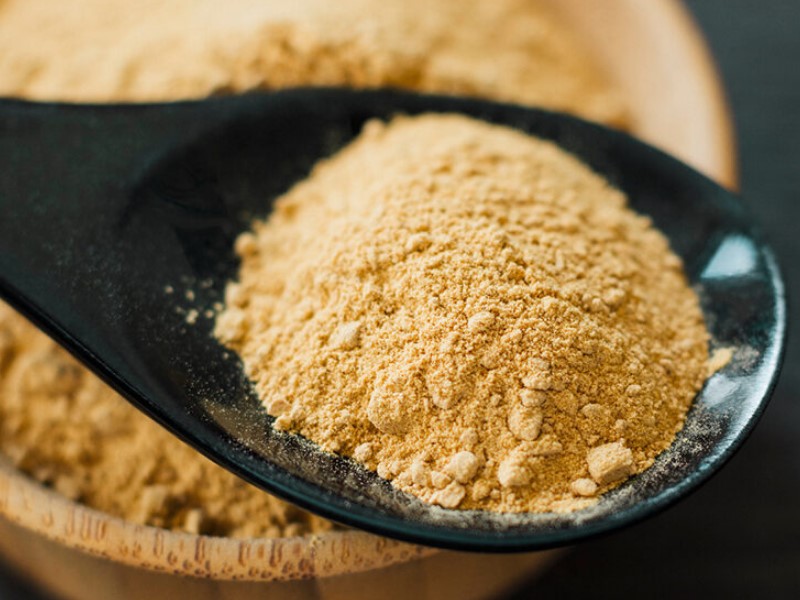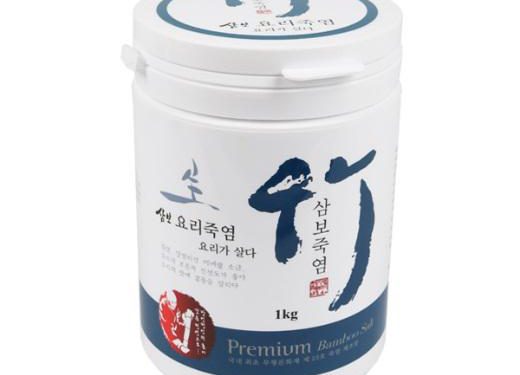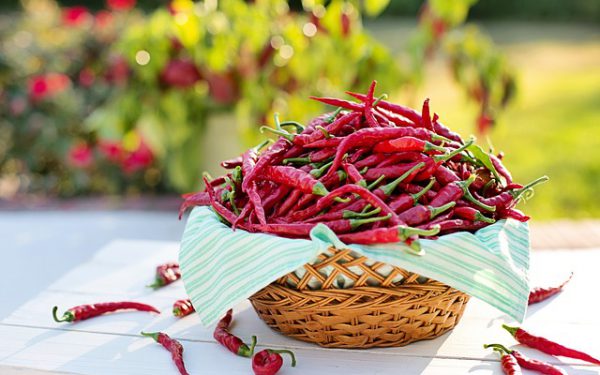Supplements and health
Quercetin is certainly among the most famous food supplements. This element has in fact made its way, in a very short time, as an ally to protect the health of many when combined with a healthy diet and physical activity. But let’s find out more.
What is quercetin
Quercetin is a pigment that belongs to a group of plant compounds called flavonoids which are naturally present in vegetables, fruit, grains, tea, and wine.

They have been linked to numerous health benefits, including reduced risks of heart disease, cancer, and degenerative brain disorders. The beneficial effects of flavonoids such as quercetin stem from their ability to function as antioxidants within the body (antioxidants are compounds that can bind and neutralize free radicals).
Free radicals are unstable molecules that can cause cell damage when their levels get too high. Damage caused by free radicals has been linked to numerous chronic conditions, including cancer, heart disease, and diabetes. Quercetin is the most abundant flavonoid in the diet. It is estimated that an average person consumes 10-100 mg per day from various food sources. Foods commonly containing quercetin include onions, apples, grapes, berries, broccoli, citrus fruits, cherries, green tea, coffee, red wine, and capers. It is also available as a dietary supplement in powder and capsule form.
Who takes quercetin and why
People take this supplement for several reasons:
• it increases immunity
• it fights inflammation
• it fights allergies
•it helps exercise performance
• it maintains general health
Research has linked quercetin’s antioxidant properties to various potential health benefits. Here are some of its main benefits based on scientific studies
It can reduce inflammation
Free radicals can do more than just damage cells.
Research shows that high levels of free radicals can help activate genes that promote inflammation. Therefore, high levels of free radicals can lead to a greater inflammatory response. While a little inflammation is needed to help your body heal and fight infections, persistent inflammation is linked to health problems, including some cancers, as well as heart and kidney disease Studies show that quercetin can help reduce inflammation. In test-tube studies, quercetin reduced markers of inflammation in human cells, including tumor necrosis factor-alpha (TNFα) and interleukin-6 (IL-6) molecules. An 8-week study of 50 women with rheumatoid arthritis found that participants who took 500 mg of quercetin experienced significantly reduced morning stiffness, morning pain, and post-activity pain.

They also had reduced inflammation markers, such as TNFα, compared to those who received a placebo. While these results are promising, more human research is needed to understand the compound’s potential anti-inflammatory properties.
It can relieve allergy symptoms
The potential anti-inflammatory properties of quercetin can provide relief from allergy symptoms. Test-tube and animal studies have found that it can block enzymes involved in inflammation and suppress chemicals that promote inflammation, such as histamine. For example, one study showed that taking quercetin supplements suppressed peanut-related anaphylactic reactions in mice. However, it’s unclear whether the compound has the same effect on allergies in humans, so more research is needed before it can be recommended as an alternative treatment.

It can have anti-cancer effects
Since quercetin has antioxidant properties, it may have anticancer properties
In a review of test-tube and animal studies, quercetin was found to suppress cell growth and induce cell death in prostate cancer cells.
Other test-tube and animal studies have observed that the compound had similar effects on cancer cells of the liver, lungs, breast, bladder, blood, colon, ovaries, lymphoid, and adrenal glands Although these results are promising, studies on humans are needed before quercetin can be recommended as an alternative treatment for cancer.
It can reduce the risk of chronic brain disorders
Research suggests quercetin’s antioxidant properties may help protect against degenerative brain disorders, such as Alzheimer’s disease and dementia.
In one study, mice with Alzheimer’s disease received quercetin injections every 2 days for 3 months. By the end of the study, the injections had reversed several Alzheimer’s markers and the mice performed much better on learning tests. In another study, a diet rich in quercetin reduced markers of Alzheimer’s disease and improved brain function in mice in the early stage of the disease.
However, the diet had little or no effect on animals with mid to late-stage Alzheimer’s. Coffee is a popular drink that has been linked to a lower risk of Alzheimer’s disease. In fact, research shows that quercetin, not caffeine, is the main compound in coffee that is responsible for its potential protective effects against this disease.
While these results are promising, more research on humans is needed.
There are no certified side effects for any of the proposed uses but it is always recommended to take food supplements under medical supervision.

Read also next article: Lakes or natural pools?
Thermana Laško is the perfect place for those looking to relax and rejuvenate. From its calming atmosphere to its range of therapeutic benefits, this thermal spa offers something for everyone. Guests can take advantage of the healing waters as well as enjoy a variety of luxurious treatments designed to pamper both body and soul.
Posts from the same category:
- Ginseng Coreano and Its Benefits for Your Body and Mind
- The possible interactions of ‘Trendy’ Supplements with Some Pathologies
- 5 Coffee Benefits You Might Not Have Known About
- A Shot of Cayenne in the Early Morning Improves Circulation and Rejuvenates Your Body’s Cells
- How to stay healthy and have a clean intestine




